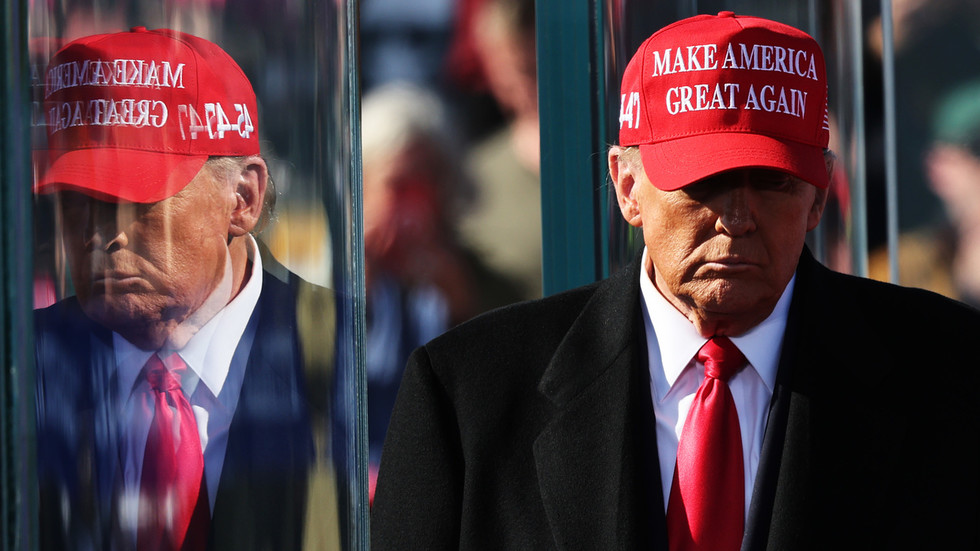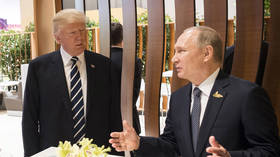The president-elect would have to win congressional support if he decides to remove the restrictions, officials told the paper
Incoming US President Donald Trump could face significant legal and political hurdles if he attempts to lift the sanctions on Russia, the Washington Post reported on Sunday, citing sources. One of the most formidable obstacles would be gaining congressional support, according to the report.
The US has implemented a series of sanctions on Russia over the Ukraine conflict, particularly focusing on the energy sector, which is a significant source of revenue for the country.
On Friday, the administration of US President Joe Biden announced its most extensive sanctions to date, targeting major Russian oil companies such as Gazprom Neft and Surgutneftegas, as well as 183 vessels involved in transporting Russian oil.
The move came less than two weeks before Biden’s term in office ends.
Commenting on the future of those and other sanctions against Russia, an unnamed senior Biden administration official told the paper: “We’re in no position to speak for the next team,” adding that “It’s entirely up to them to determine whether, when and on what terms they might lift any sanctions we put in place.”
Three US officials interviewed by the WaPo noted, however, that the sanctions on Russia are governed by laws that give Congress the power to object to any move to lift them. They added that there is a sizable group of Republican lawmakers who have pushed for tougher economic sanctions against Russia.
Michael Waltz, Trump’s pick for national security adviser, has argued in favor of ramping up the sanctions to pressure Moscow into agreeing to a potential peace deal with Kiev.
The president-elect, however, said in an interview with Bloomberg prior to the election that he does not like the sanctions. Earlier this month, he suggested that Russian President Vladimir “Putin wants to talk, and we are setting it up.” The Kremlin has stated that while no specific arrangements had been made, the Russian leader is open to meeting without any conditions.
If Trump moves to lift the sanctions on Russia, he will have to do so under the 2017 Countering America’s Adversaries Through Sanctions Act (CAATSA), which was designed to limit presidential authority to unilaterally ease sanctions, particularly those related to Russia.
A congressional majority can pass a joint resolution of disapproval to block Trump from lifting the sanctions. The president, however, could veto the resolution, which would require a two-thirds congressional majority to override.
Russia considers the Western sanctions “illegal,” and last summer, Putin said that lifting them is one of the conditions for achieving peace in Ukraine. The Kremlin, however, has signaled that it does not expect any changes in sanctions policy from the incoming Trump administration.



